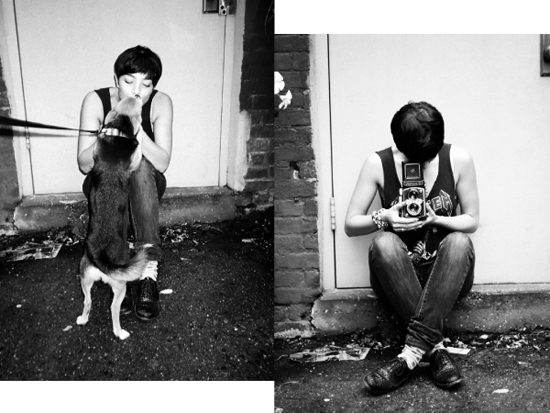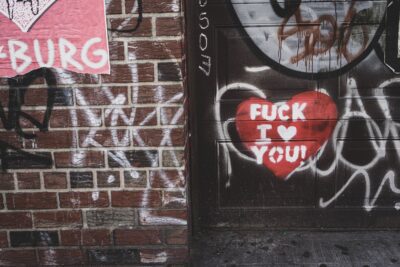Olivia Thirlby Just Wants To Be Happy


Olivia Thirlby is “nowhere near a vegan.” But we’re sitting at a vegan restaurant in the East Village because she loves their shitake mushroom burger (when the waitress tries to take away her plate, she tells her, “I’m actually still eating this, there are pickles”). She also gets a kale, spinach, chard, broccoli and carrot juice for her mother, who texts her during the meal, requesting that she bring one home when she’s finished.
Thirlby, who lives in Los Angeles now after two years in Williamsburg, and a “shoebox” in the West Village before that, grew up nearby, in Alphabet City. She went to Friends Seminary, the small Quaker school in Gramercy, where “everyone who auditions to be in the play gets a part, everyone who tries out for the soccer team gets on the team.” That formative atmosphere may explain why she comes off somewhat looser than you’d expect from someone who began appearing in films shortly after graduating from a New York City private school.
Thirlby was a bright, engaging presence in notable late-aughts indies—she was Ellen Page’s teen-girl-overdrive BFF in Juno, and respectively city-kid savvy and endearingly tentative as the high school crush objects in The Wackness and David Gordon Green’s Snow Angels—and she did some quality television, playing the put-together paragon of sensibility who moves out of Jason Schwartzman’s Fort Greene apartment in the first episode of Bored to Death. Now, having spent much of the last two years banking blockbusters and prestige dramas, she’s reemerging on screens, beginning in December with the 3D alien-invasion thriller The Darkest Hour and continuing next year with the adaptation of poet Nick Flynn’s memoir Another Bullshit Night in Suck City.
And in the meantime, as you can see, she’s cut her hair. “It came off in stages,” she explains. “A year ago it was still long and dark and was about to be dyed blonde and cut shoulder length, which happened. And then after that it kind of went into a dark bob, and then after that it went all the way off. And that was in May.” It’s the first time it’s been this short “since, you know, baby-dom.” Thirlby has strong 1940s eyebrows and her jaw narrows to a small chin around a wide mouth, so that even when she’s relatively subdued, as she is during our lunch—she’s been traveling, and catching up with friends in the city—her expressions take up more of her face than they would of yours. She’s frequently been cast in reactive roles—love interest, sister, sidekick—though who knows whether that’s due to her natural responsiveness, the dearth of true leading parts for young actresses, choice, or chance. “I decided at a certain point,” she says of her rise up the Hollywood depth chart, “that I was going to be open to absolutely everything that came my way. And promptly following that decision a lot of crazy opportunities threw themselves at me.” Her goal, she’s decided, is “a career that makes me genuinely happy at every single stage of the way, and that’s really hard to do.”


Thirlby can be disarmingly frank about that career. Told that her debut film, The Secret—a domestic thriller with some Elektra Complex frisson, starring David Duchovny as a widower whose teen daughter, Thirlby, is possessed by the soul of his late wife, her mother—is now on Netflix Instant, she gives her arm a sarcastic drum-majorette swing and says, “Well, great.” Thirlby doesn’t like to watch her old movies in general: “It’s two-pronged terrifying. One reason it’s terrifying is that you’re forced to confront your own aging, which is combined also with your own childish ignorance, which you just see, glaring at you. And then the other side is, ‘Oh, but look at my skin.’ And then, the other reason it’s terrifying is because that is inherent in the nature of what I do… which is that me, living in my own moment, gets turned into something that people can watch, forever. And that’s really terrifying. So I actually try not to ever grasp that fully. Otherwise I wouldn’t do what I do.”
You might also like 



















